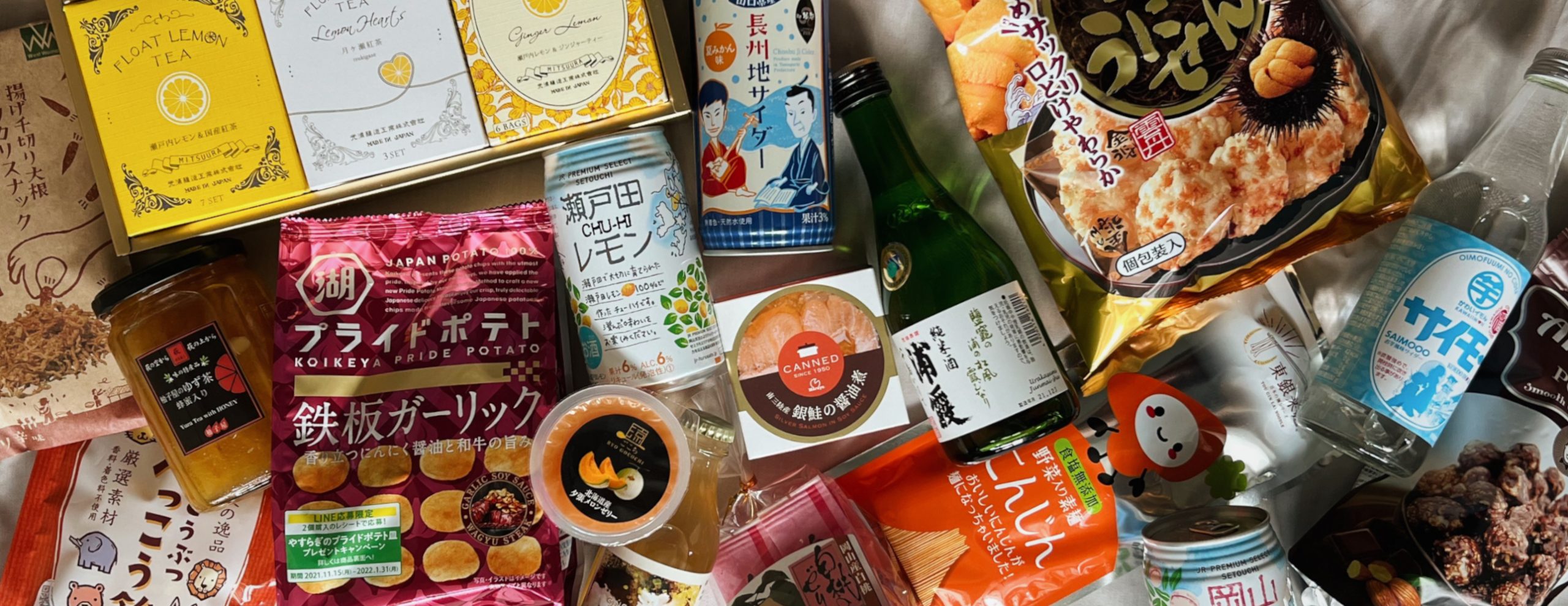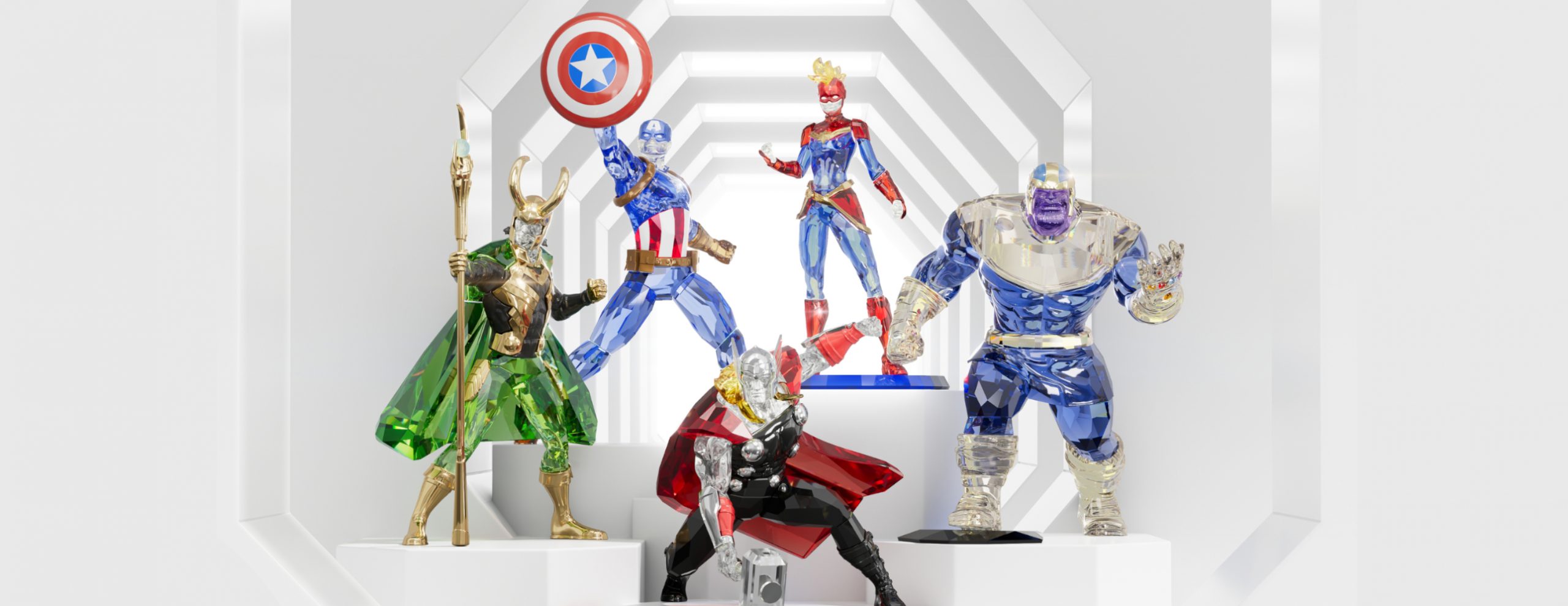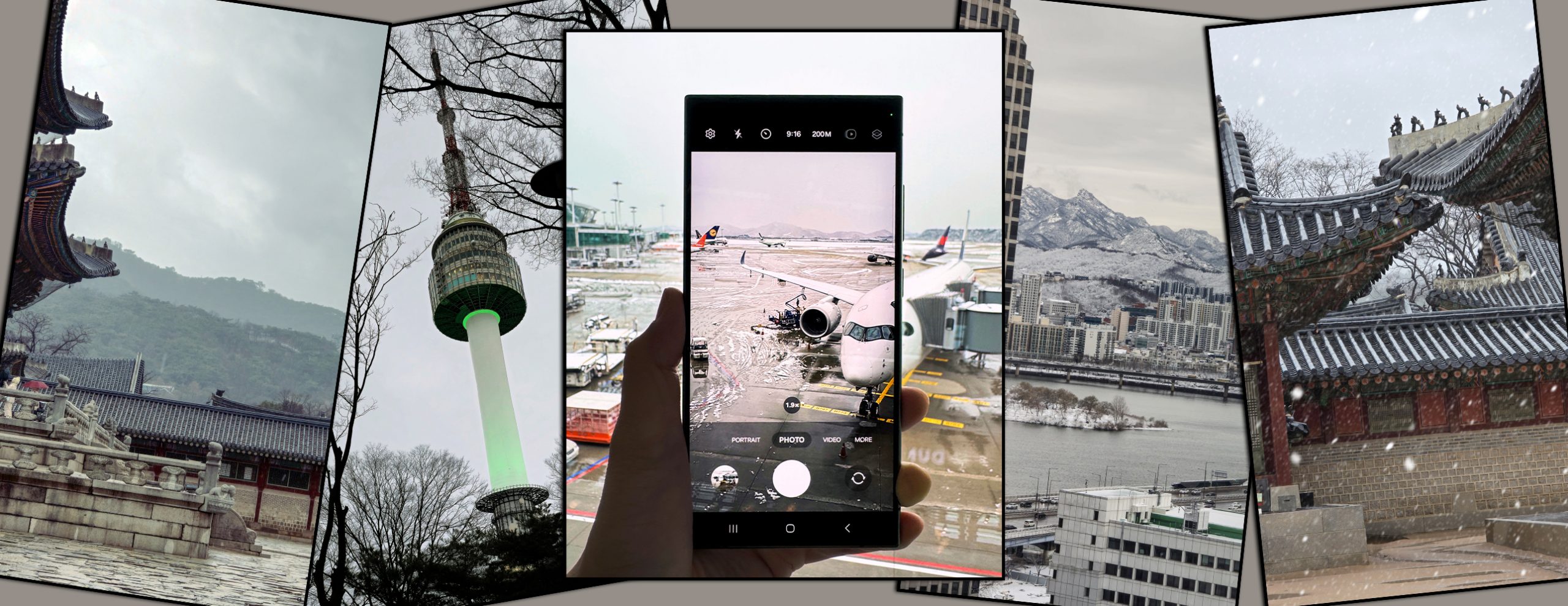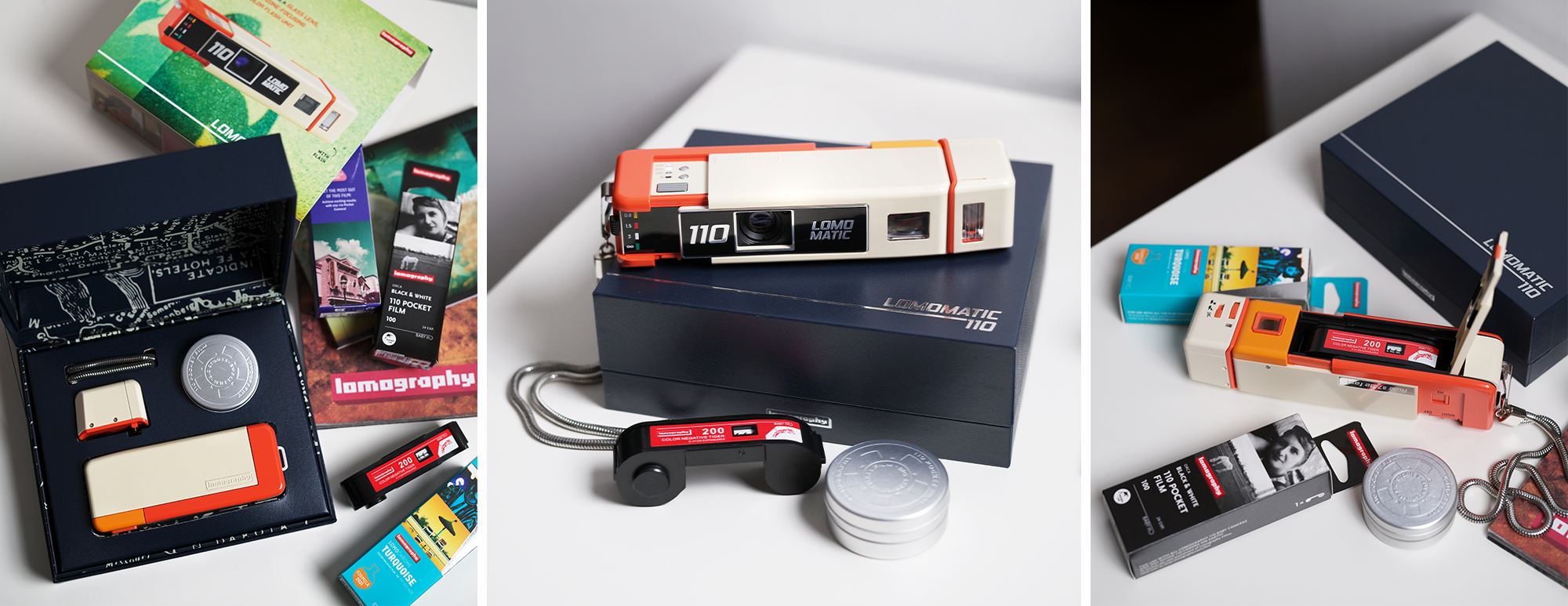It’s been a long, long time since any of us have set foot in Japan, no thanks to the global pandemic limiting our travel plans. Any true blue Singaporean can attest, we sure miss the powdery slopes of Niseko, the pink blooms of cherry blossom trees during hanami, and even the award-winning efficiency of Japan’s high-speed rails — most of all though, we miss the food.
From sushi and yakitori to late-night ramen at popular chain Ichiran, even a trip to the convenience store or supermarket in Japan is an exciting one, since we get to chance upon aisles and aisles of never-before-seen snacks, most of which are centred around the best of Japan’s produce. Uni chips, anyone? Or peach kit-kats? With travel to Japan at a current halt though, this experience seems quite a distant dream — that is, until we discovered online grocery store, MoguShop.

Calling all Japanophiles. The online marketplace definitely stands out for its clear curation of products — the wide variety of produce, groceries, snacks, beverages, and more are all sourced from Japan, and MoguShop works directly with Japanese and international suppliers in order to bring us high-quality Japanese-focused products at reasonable prices.
All that, and there’s also the convenience of online shopping via this one-stop shop. Rather than queueing or jostling through the crowds at grocery stores, it’s far easier to have everything delivered fresh to your doorstep after comfortably browsing through their options from your home.

Another thing we appreciate is how they’ve grouped their products according to Japan’s various prefectures. You see, MoguShop stocks everything from dashi stock to seafood, soya sauce and other cooking essentials, so it might take some time to go through their entire inventory. What made it easier though was browsing through the local delicacies and specialties flown in from key Japanese prefectures, whether it’s the seafood hub of Miyagi or the agriculturally-abundant site of Saitama.

That’s how we managed to discover the cutest Float Lemon Tea! This one’s from Mitsuura Brewery, a small brewery in Hofu City, Yamaguchi Prefecture, which comes with slices of heart-shaped dried lemons that drift serenely atop their blend of fragrant black tea. That’s the beauty of a shopping experience at MoguShop too — you just might stumble on something that’ll become your new favourite, something that delights our senses and seems to whisk us away to Japan. Ahead, we review some of our favourite snacks and drinks from the various prefectures.
MIYAGI

-
“CANNED” Minami-Sanriku Silver Salmon in Soy Sauce, $6.80
-
Salt-Free Carrot Somen, $5.50
-
Urakasumi Junmai Sake, $20.50
Located just 90 minutes away from Tokyo, and further north along the Pacific coast of Japan, Miyagi Prefecture is famous for its lush greenery and natural landscapes, a respite from the country’s bustling city life. The most well-known site happens to be on the official list of Three Most Scenic Places of Japan — Matsushima Bay, where you get to see 200 over pine-covered islands, while hot spring resort towns abound, and the Zao Fox Village and Cat Island are sought-after attractions as well. Of course, Miyagi’s known to be a leading food-producing region in the country, for well over four hundred years, and is where you can find fresh seafood, as well as seafood huts and cafes run by fishermen and farmers.

Cue this Canned Silver Salmon from Maruya Seafoods. With a background of producing canned seafood products for over 70 years, the brand only looks for top-notch ingredients, and in this case, a sashimi-grade fatty Silver Salmon caught off the water of Miyagi, then simmered in soy sauce without chemicals or added preservatives.
I must say that I thoroughly enjoyed this! The salmon came in a chunk rather than flakes, which assured me that I was getting a good-quality cut, and while I can see this being tasty over cooked rice, it was delicious as an afternoon snack on crackers as well. The fish was moist and soft, with a broth that was fatty from its natural juices but not overly oily.

You also can’t go wrong with junmai sake, or pure rice sake, and this one’s from Urakasumi Brewery, one of Japan’s most popular and prominent breweries, which the Miyagi region is proud to house. For the Urakasumi Junmai Sake, it was light and smooth on the palate, and is said to come with notes of banana and caramelised nuts. I’m not at a connoisseur level, so what I can say is that it’s as smooth as gently balanced as promised, while bringing in a tinge of sweetness at the end. And if you’re wondering how this sake’s linked to the Miyagi region, note that it’s best paired with grilled fish and meat.
SAITAMA

-
Honda Seika Kin no Uni-sen Rice Crackers , $4.60
-
Anthony’s Popcorn Chocolate & Almond, $3.60
-
GINGER SHOOT honey bee [Ginger Beer with Honey], $22.80 for 3 Bottles
-
Kawagoe “Saimoo” Sweet Potato Cider, $4.50
Now, we find ourselves at the agriculturally-rich Saitama, a region that neighbours Tokyo and is part of the Greater Tokyo Metropolitan area. Blessed with the ideal climate and abundant soil, Saitama Prefecture is once again known for their produce, and a wide variety of that too. Some of their most loved produce include Saigyoku Pears, rice, sweet potato, broccoli, green onions, and sake. For sights, the picturesque traditional shophouses at castle town Kawagoe are certainly a trip through the past, while you can hit up one of the over 35 sake breweries throughout the prefecture for a tour.

Just like its produce, the selection of specialties and up-and-coming brands are as diverse too. My favourites were the ultra-umami Uni-sen Rice Crackers, which featured crispy rice flavoured with sea urchin sauce. Rice Senbei is a regional specialty of Saitama, and it’s done so light and crisp here, with the uni packing a lot of rich seafood flavour.
Another snack that tops the list would be Anthony’s Popcorn, which seems rather un-Japanese until I learnt of its origin. Asahi Seika has long been known for their karintō deep-fried sugar snacks, and here, they’ve applied the same honey-making technology to their popcorn series, as well as an “air pop” technique that uses no oil during the kernel-popping process. And the flavours did speak for themselves! I like that the popcorn was crunchy and best of all, evenly coated all around, with a depth of chocolate flavour from the cocoa and roasted crushed almonds. The bag disappeared in no time.

Then, there are the drinks. The Ginger Shoot is basically a non-alcoholic fermented ginger beer, and this was one of the fresher ones I’ve tasted. It still has that lovely carbonated effect that one would expect, though the aroma of the ginger, citrus and honey came through a lot more while being balanced and fragrantly sweet; according to MoguShop, the ginger used here is grown in Minuma rice field, a famous ginger-producing area since the Edo period.
We did mention Kawagoe a little earlier, and here’s what their famous for, everything sweet potato! Saimoo, then, is one such sweet potato product, a cider that’s flavoured with notes of roasted sweet potato. It’s certainly unique, I’d say, from the illustration on the bottle that references traditional bottles of cider and the historical region, to the fizzy drink that has a sweet and earthy taste.
YAMAGUCHI

-
Float Lemon Tea Gift Set, $52 for 3 Boxes
-
Hoshuji (Summer Orange) Cider, $3.20
-
Yuzu Tea with Honey, $19
Yamaguchi is one of those places you’d go for off-the-beaten-path travel, since it’s familiar but not exactly a tourist trap. As the westernmost prefecture of the main island of Japan, it’s known for well-preserved castle towns, serene scenery and the largest limestone cave in Japan. Hagi, one of its main cities, is the capital of a major samurai domain, and known for local-style pottery too. For things to eat, there are plenty of seafood markets which serve up the Yamaguchi specialty, fugu, or puffer fish.

MoguShop’s partnership with the prefecture, though, centres around soups and beverages, which includes the Float Lemon Tea set I was waxing lyrical about earlier. Mitsuura Brewery’s blend of fragrant organic Japanese black tea packs a whole lot of lemon flavour alongside the tea’s natural aroma, without being too bitter. For the aesthetic appeal, the teas come with dried sliced lemons, including some heart-shaped ones, that float elegantly atop your brew. Just add hot water! It’s easy and fun to prepare this for guests, while also comforting to know that they use “eco lemons” that are grown with as little pesticides and chemical fertilisers as possible so even its skin is 100% edible.

Part of the series is also a Yuzu Tea with Honey, where the hard work of preparing a citron tea from scratch is made much easier via this very accessible bottle. The benefits of the drink is something your Asian parent would be proud of, since both yuzu and acacia honey, used here, have strong antibacterial properties and are rich in Vitamin C. Yuzu peel also contains limonene, which improves blood circulation, while the tea itself tastes naturally sweet with a nice citrusy tang from the yuzu.

There’s also another citrus-forward drink that I enjoyed from the Yamaguchi prefecture, and that’s the Hoshuji Cider. Its bottle is definitely unique, since I hardly come across ciders that don’t arrive in glass bottles; this one looks quirky indeed. I really enjoyed the refreshing taste of summer oranges from the effervescent beverage, especially when straight out of the fridge, making it a very welcome day drink (since it’s not too alcoholic!).
OKAYAMA

Located West of Japan, a list of Okayama’s most well-known cities should give you an idea of where it’s at; the prefecture counts Kyoto, Osaka and Hiroshima among some of its top attractions. Then again, it’s also referred to as the land of sunshine, with the Momotaro, the “Peach Boy” as the region’s mascot, and rightly so — Okayama is famous for its local fruits, chief of which is the white peach that abound in sweetness and juiciness.

How apt then that these Chu Hi drinks are at the top of our shopping list. With a term that’s an abbreviation of “shōchū highball”, Chu-Hi is an alcoholic drink that’s traditionally made with Barley shōchū and carbonated water flavoured with lemon. Setouchi’s version uses 6% of Okayama-grown white peach juice, which gives the drink a refreshing aroma and sweetness.

As for the Jellies, these are everything you’d expect from top-grade Japanese jellies. Fun fact: these White Peach Jellies are actually award-winning, and have topped the “Honorary Governor’s Award (Art Category)” at the 26th National Confectionery Expo Hiroshima. The desserts certainly do the pride and joy of Okayama’s local farmers proud — they’re soft and smooth and wobbly, and melt on your tongue into the most fragrant, sweet taste of peaches. That’s because they’re made using actual White Peach flesh that’s been pureed, then topped off with peach juice.
JAPAN MALL

-
Age Kiriboshi Daikon Karikari Snack Spicy Flavour, $7
-
Koikeya Pride Potato Chips Iron Plate Garlic, $3.30
-
Animal Bekko Candy, $3
-
Ryogokochi Yubari Melon Jelly, $3.80
Last but not least, MoguShop has a ‘Japan Mall’ selection that brings together items from across the prefectures — the best products from all across Japan. The project was started by JETRO (Japanese External Trade Organisation), and aims to support and feature good-quality Japanese products from local manufacturers, so they’re more known to the rest of the world.

Got kids? Or maybe you’re a kid at heart. The animal shapes from these Animal Bekko Candy, traditional Japanese hard candy sweets, are way too adorable to behold, and are usually found among the street stalls at Japanese festivals. They’re kinda made by caramelising sugar over direct fire, so they are sweet, but serve as cute snacks if you need a sugary hit.

Gotta say it, these Koikeya Pride Potato Chips are one of my favourites from this entire selection. If you like your chips big on flavour, this is it. It’s not immediately obvious from the name, but the chips mimic the rich flavour of beef steak cooked on an iron grill plate, so you’re getting those wafts of beefy notes, along with the sweet-and-sharp bite of garlic. The potato chip itself holds it own too, and while thicker than usual, at least doesn’t disappear when you bite down, while with a slight sweetness that balances the very umami notes.

Another day, another jelly, which are some of my favourite convenience store products from Japan since they always get the texture and flavour right. This one‘s basically Yubari Melon in a cup, and has all the sweet, exceptional flavour you’ll get from the Japan-exclusive melon, grown only in Yubari, Hokkaido and specially cared for within controlled greenhouses.
The Age Kiriboshi Daikon Karikari Snack though, was a surprise find. I didn’t think daikon, or white radish, a vegetable, would taste good and was skeptical when this was touted as a beer snack — I was wrong. Made with just Miyazaki prefecture’s dried Daikon, rice flour and oil to give us nutrients and a daily dose of dietary fibre, this snack is yummy and lightly salty, with a texture that reminds me of sliced cuttlefish strips. Since this was the spicy option, the shredded radish also had a light spicy, addictive kick as an aftertaste, definitely something I’d purchase again and again.
Shop all products at MoguShop.











You must be logged in to post a comment.